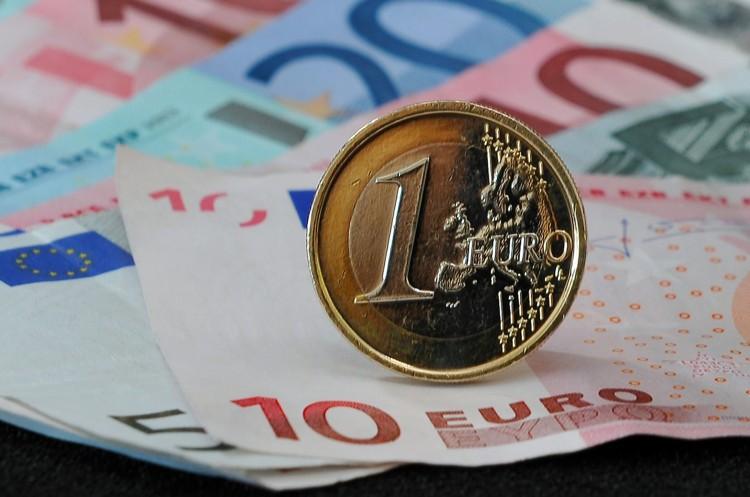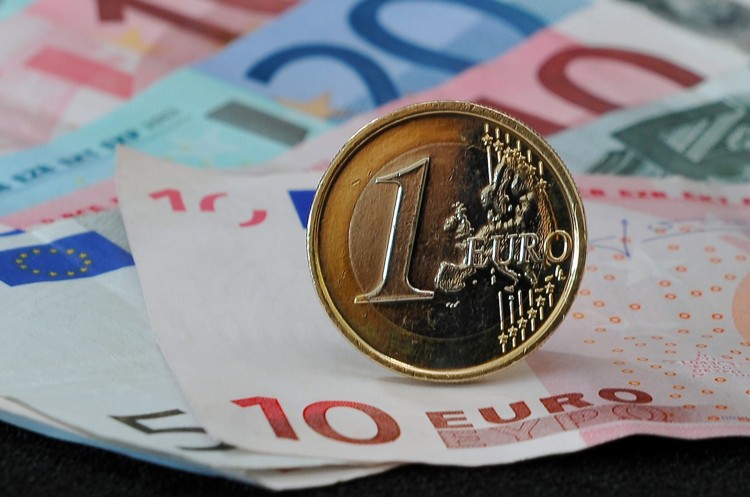MUNICH—Wolfgang Reitzle, CEO of Linde AG—world’s largest industrial gas company—has brought his opinion forward on the euro debate stating that in the long run Germany would be better off without euro currency.
He still believes that the euro currency could be saved, but he is “not of the opinion that it should be saved at any price,” he stated in an interview with the Spiegel Magazine.






